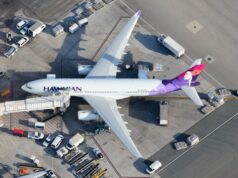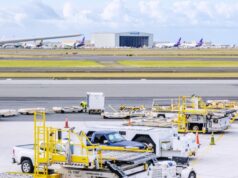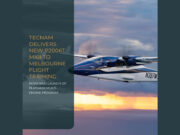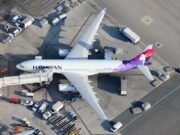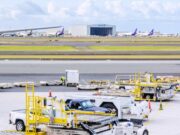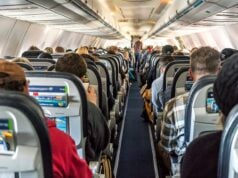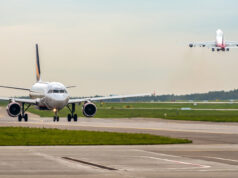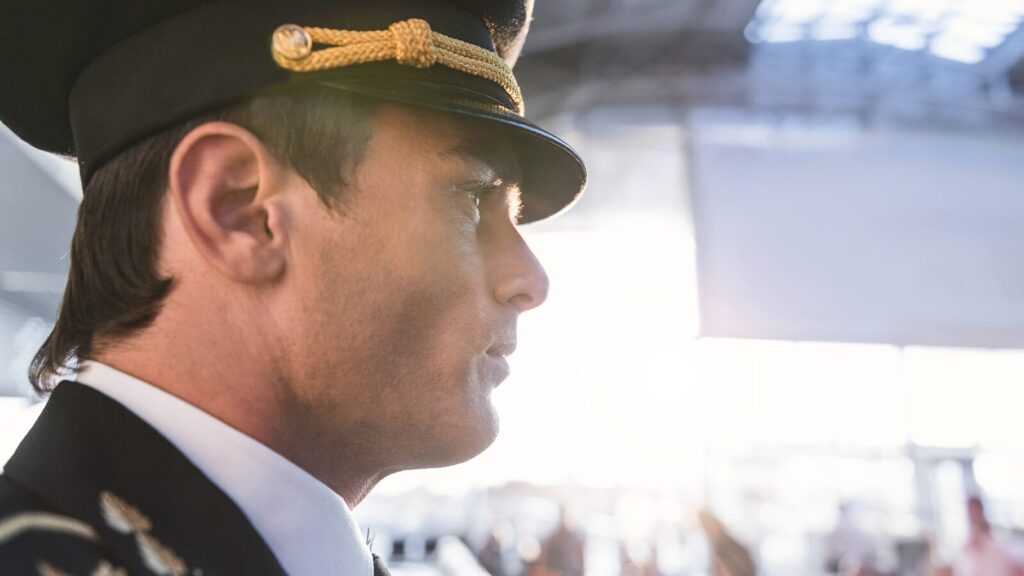
Our dedicated readers will recall the August installment of disaster and disruption on the road, where we discussed operational meltdowns. Funny enough, that article was already written and in production for the Grey Matter column in June, when low and behold, the airlines actually had a massive IT meltdown in July. Although airlines were not the only ones faced with a computer implosion (thanks to the faulty CrowdStrike update), airline passengers and employees were disproportionately impacted by the event. Flights cancelled, crews were stranded or simply “lost”, as scheduling, flight, and crew hotel-booking systems crashed. So, read (or re-read) our August article on weather meltdowns and substitute “IT” for “weather” and the result is more or less the same.
For this month, we are going to discuss something that seems like a disaster, but in fact, or for the most part anyway, is not – the failed line check.
The professional pilot’s life is full of tests, evaluations, assessments and checks – written, oral, simulated, and in real operations. We often tell prospective pilots that if they do not like taking tests, this may not be the industry for them. Obviously, no one really likes tests, but the point is that this industry is full of them, and it is statistically likely that you will fail one at some point. There are, as the saying goes, “Those who have, and those who will.” Regardless, failing, or the lack of success on a given day, does not feel good and pilots tend to take this particularly hard. Yet, what does it really mean to fail a test or check? For the most part, it means a bruised ego, some perhaps personal embarrassment, and of course the required retraining and recheck.
If you are in primary training (private, instrument, commercial, multi, etc.) a stage check or checkride bust is not going to derail your aspirations to be an airline pilot. Two failures? Not really – it makes your job of explaining what happened a little harder and longer, but you are still okay. Three or more? Well, a pattern is a problem, but is not insurmountable. The thing is to remain positive, engaged, and retrain to be successful – it is not the end of the world. For pilot interviews, when asked about failures, embrace it as a learning opportunity. Acknowledge the failure, be clear about what happened and why – and own the failure. Regardless of what transpired, do not blame others or the aircraft. Take responsibility, say what you did to be successful in the recheck, and what you learned from it and then move on.
What about a failed training check in the airlines or other professional pilot job? It happens. Stay positive, engaged, and retrain to be successful. In the frantic world of airline training with ground school, pre- and post-training briefs, simulator sessions, written exams, and chair flying, a bust can seem daunting to overcome. Take a deep breath – they are not going to throw you out over a single failed check. Review the way you are studying and preparing for checks and simulator sessions. Work with your training partner and speak with your instructor candidly about what you can do better. Usually this is sufficient to solve the issue(s) and move on. Sometimes however, this is not quite enough, and this is when many airlines utilize a training review board to come up with a plan to help you be successful. Occasionally though, it’s just not meant to be and you are let go. However, your career is not over yet; refocus your efforts on hiring using the same strategy on explaining what happened and go from there.
Then there is the day flying for your airline (let’s say New Orleans to Memphis) when a line check pilot (LCP or simply “check pilot”) shows up at the flight deck during boarding and says you’re being line checked. Ok, fine, this is the world we live in. Credentials are checked, briefs are conducted, and away you go on a normal(ish) flight. Check pilots generally talk a little bit during cruise about hot topic items, things going on in training, trends they see on the line, etc. For the most part though, they sit quietly in the flight deck jumpseat and take copious notes, observing everything the flight crew does.
ON this day, at the end of what you believe is a successful flight and having parked at the gate in Memphis, the check pilot says unfortunately you failed the check due to the occurrence of “XX” during the flight, which went un-detected by the flight crew and could have caused a serious incident or accident. This is highly unusual, but it does happen. What now? Well, first thing is first: you are no longer flight qualified – you are “de-qualed.” The check pilot will explain the reason, and then the company will either place you in a hotel for the night and send you home the next day, or send you home now if possible.
The training department will then reach out and schedule you for training. Once this is successfully completed, you will be “re-qualed” and returned again to the line; or scheduled to fly with a check pilot before being fully line qualified again. In either case, you will likely be set on a modified line-check schedule where you will be evaluated again in the very near future and possibly again not long after that. This is not personal, but a quality-control measure to ensure that whatever happened on the MSY-MEM leg is not still happening.
Depending on the event and your company, you might be contacted by the Chief Pilot’s Office (CPO) or another member of management wanting to talk about what happened. We highly recommend that as soon as possible following the dequal event that you contact your pilot-union representative (or pilot-group representative if you work for a non-unionized carrier) and tell them what happened. They will likely advise you not to speak with the CPO or anyone else without union representation present.
At this point, take a deep breath and know that your career is not over. Again, follow the advice at the beginning of this article to remain positive, engaged, and retrain, and you will be back on the line in no time.
































































